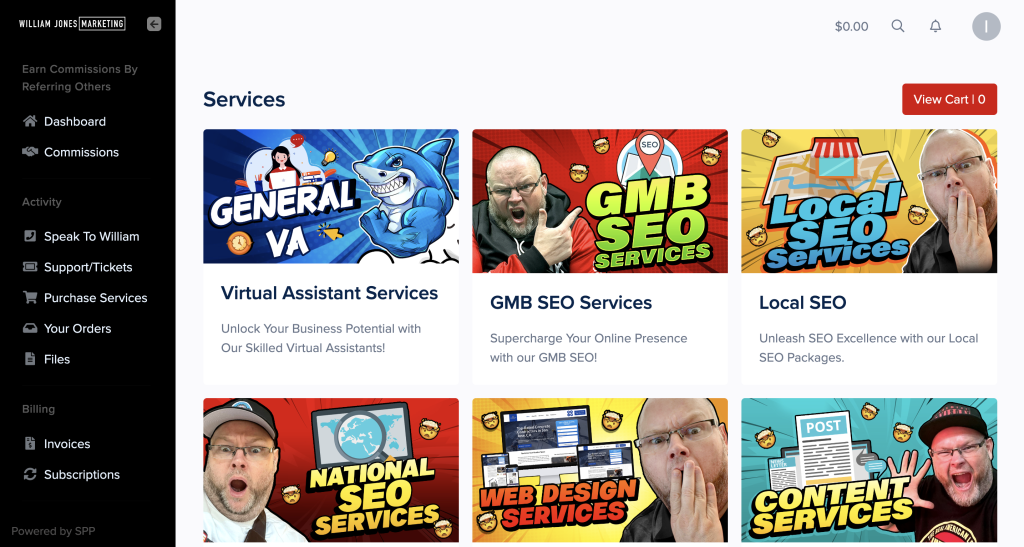
In today’s digital landscape, establishing a strong online presence isn’t just about reaching a global audience; it’s also about connecting with potential customers right in your own neighborhood. Whether you’re running a small brick-and-mortar shop or a thriving local service business, mastering the art of local SEO (Search Engine Optimization) is crucial for attracting nearby clientele. We’ll walk you through five straightforward steps to optimize your website for local search, helping you climb the ranks in local search engine results pages (SERPs) and drive more foot traffic to your physical location or service area. From claiming your Google My Business listing to fine-tuning your website’s on-page elements, each step is designed to boost your visibility in local searches and ultimately grow your business within your community. So, if you’re ready to take your local online presence to the next level, let’s dive into the world of local SEO optimization together!
Conducting Keyword Research for Local Optimization
In the digital landscape, where every business strives to stand out, mastering local SEO is paramount. At the core of local SEO lies effective keyword research. Understanding the terms your local audience is searching for can catapult your website to the top of search engine results pages (SERPs). Let’s delve into the intricacies of conducting keyword research tailored for local optimization and unlock the potential to reach your target market effectively.
Understand Local Search Intent
Local keyword research begins with understanding the search intent of your target audience. Are they looking for specific services, products, or information in their vicinity? By comprehending their intent, you can tailor your keyword strategy to meet their needs effectively.
Identify Location-Specific Keywords
Think like a local when conducting keyword research. Incorporate location-specific terms such as city names, neighborhoods, landmarks, and even local slang that resonate with your target audience. Tools like Google Keyword Planner and UberSuggest can aid in uncovering these valuable keywords.
Analyze Competitor Keywords
Spying on your competitors can offer valuable insights into effective local keywords. Identify competitors in your niche and analyze the keywords they are targeting. This can provide inspiration for your own keyword strategy and help you identify gaps to exploit.
Leverage Google Autocomplete and Related Searches
Google Autocomplete and Related Searches are goldmines for uncovering local keywords. Start typing relevant terms into Google’s search bar and take note of the suggested autocomplete phrases and related searches. These suggestions can unveil popular local queries that you may have overlooked.
Explore Long-Tail Keywords
Long-tail keywords are specific phrases that typically have lower search volume but higher conversion rates. Incorporate long-tail keywords into your strategy to capture highly targeted local traffic. Tools like SEMrush and Ahrefs can help identify long-tail keywords relevant to your business.
Optimizing Your Google My Business Profile
Your Google My Business (GMB) profile serves as a digital storefront for your business in the online world. Optimizing this profile is crucial for maximizing visibility, attracting local customers, and enhancing your overall online presence. Let’s explore eight essential steps to optimize your GMB profile effectively and unlock its full potential.
Claim and Verify Your GMB Listing
The first step in optimizing your GMB profile is to claim and verify your listing. Visit the Google My Business website, locate your business, and follow the verification process, which may involve receiving a postcard or phone call with a verification code. Once verified, you gain full control over your listing.
Provide Accurate Business Information
Ensure that all information provided on your GMB profile is accurate, consistent, and up-to-date. This includes your business name, address, phone number (NAP), website URL, business hours, and categories. Accuracy is crucial for both customers and search engines.
Craft a Compelling Business Description
Craft a concise yet compelling business description that accurately conveys what your business offers and what sets it apart from competitors. Highlight your unique selling points, key services or products, and any special offers or promotions. Keep it informative and engaging to attract potential customers.
Add High-Quality Visual Content
Visual content plays a significant role in capturing the attention of potential customers. Upload high-quality photos and videos that showcase your business, products, services, and team members. Include images of your storefront, interior, products in use, and happy customers to create a visually appealing profile.
Encourage and Respond to Customer Reviews
Customer reviews are influential in shaping perceptions about your business. Encourage satisfied customers to leave positive reviews on your GMB profile and promptly respond to all reviews, whether positive or negative. Engaging with customer feedback demonstrates your commitment to customer satisfaction.
Ensuring Consistent NAP Information Across the Web
Consistency is key when it comes to your business’s Name, Address, and Phone Number (NAP) information across the web. Inaccurate or inconsistent NAP data can confuse potential customers and harm your local search rankings. Here are some important key points to ensure uniformity across all online platforms.
- Audit Existing Listings: Begin by conducting a thorough audit of your business listings on various online directories, review sites, social media platforms, and your own website to identify any inconsistencies or inaccuracies in your NAP information.
- Update and Correct: Once discrepancies are identified, update and correct your NAP information on all platforms to ensure uniformity. Pay special attention to details like abbreviations, formatting, and spelling to maintain consistency across the board.
- Claim and Verify Listings: Claim ownership of your business listings on major platforms like Google My Business, Yelp, and Facebook. Verify your ownership to gain control over your NAP information and prevent unauthorized changes or inaccuracies.
- Utilize Data Aggregators: Consider using data aggregators like Moz Local, Yext, or BrightLocal to ensure consistent NAP information across a wide network of online directories and platforms. These tools can save time and streamline the process of managing your business listings.
Conclusion
Optimizing your website for local SEO is crucial for enhancing online visibility and attracting potential customers in your area. Through our five easy steps, as outlined in this guide, we at Rank Fortress aim to empower businesses to effectively leverage their online presence. By focusing on local keywords, optimizing Google My Business listing, garnering positive reviews, ensuring consistent NAP (Name, Address, Phone Number) information, and utilizing local structured data markup, we can help businesses establish a strong local online presence and drive meaningful engagement with their target audience.

